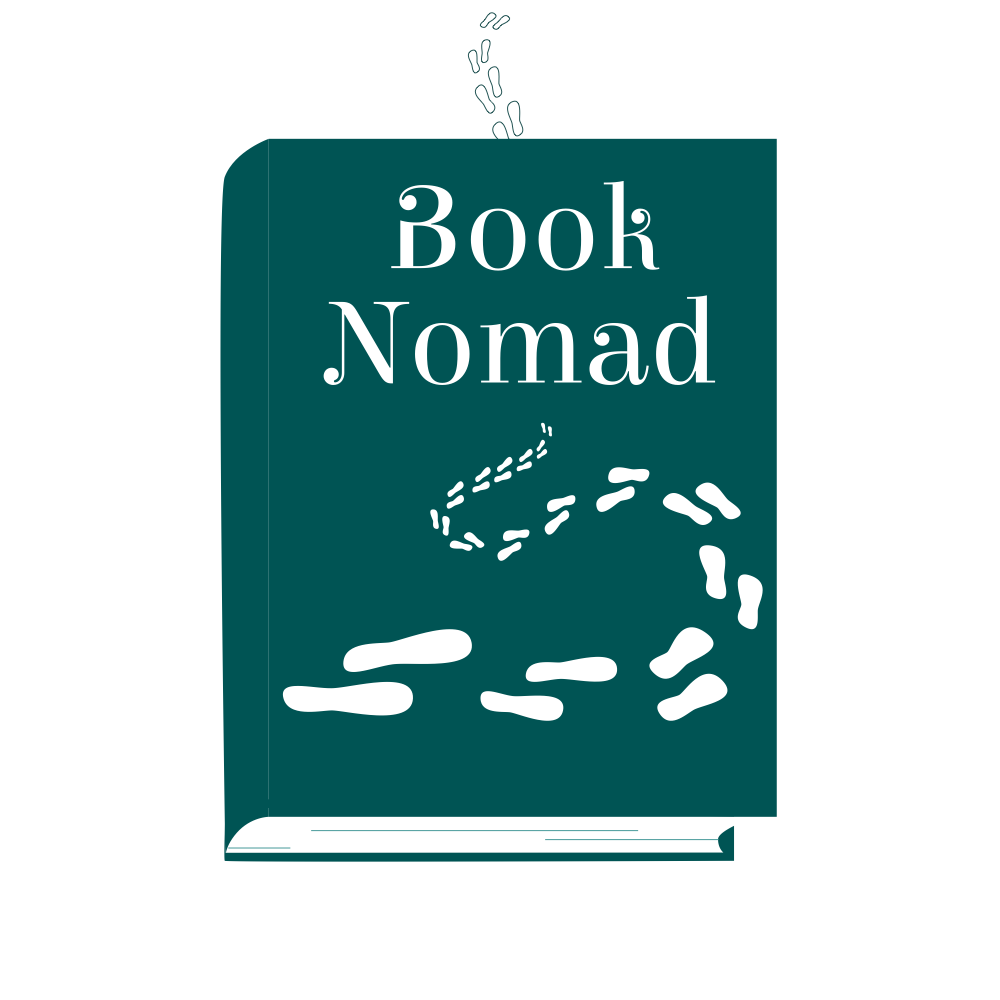Language and multilingualism, the emotions associated with learning a heritage language, living in different countries, mixed-ethnicity families, nature writing, everyday experiences as a woman, swimming! Small Bodies of Water by Nina Mingya (明呀) Powles, written as creative non-fiction/memoir, explored many topics that I enjoyed and a lot that I identified with. For that reason, I constantly found myself thinking about particular points raised even in the times between reading and they often led me down paths of further ideas and questions on related topics. My only regret is that I read it when I was quite busy and so didn’t make notes of my thoughts, so I’m now struggling to collect them in any kind of organised way here. Under different circumstances, I could have filled pages with the ideas it generated and it would have been a perfect book for a podcast episode. Perhaps one day that will come. For now, I will hop across one or two stepping stone-thoughts in the stream of my memory (thumbs up for the water metaphor?).
As the title suggests, water features heavily in this book set between Borneo, Wellington, Shanghai and London, and swimming is a favourite activity. One of the most memorable settings for the swimming scenes is a women’s only pool in Hampstead Heath (London). Nina’s descriptions are very vivid and create a sense of community despite there being little communication between the various women using the pool. There was a moment about halfway through the book when I suddenly realised that Nina’s voice when describing the pool and throughout the book feels very much directed towards women. It feels vulnerable and open and safe, the male gaze absent, not in an attempt at confrontation, but in a way that seems unconcerned with it. Perhaps this openness is also the reason why I felt able to just let her express herself and listen to her, despite not always sharing her view of things.
Language learning in theory and practice is a long-term interest of mine and I really enjoy the language-focused moments in this book. As a Mandarin learner, I always felt my attention perk at the appearance of a Chinese character and the discussion of Chinese syntax (albeit sometimes with a generous amount of creative liberty taken!). More specifically, Nina also discusses her experiences being a learner of a heritage language, which is something I have thought about a lot myself over the years. In her case, the heritage language is Mandarin (and Hakka to some extent), in mine it is Arabic. This is a topic that I would love to explore in much more depth, but there is a certain mix of passion and shame in trying to use a language you have inherited from your parents but didn’t quite master at a young enough age: the stumbles and mispronunciations, awkward silence as you try to catch up, laughs to cover up embarrassment, the “why didn’t your parents teach you?!”, the betrayal of your tongue that reminds you that while this language is part of your identity you have not fully entered the circle of intimacy that is native fluency.
Nina writes in short passages, vignettes organised somewhat thematically into chapters, jumping across time and space in a style that is easy to read and flows almost like poetry. She has also written a poetry book, Magnolia, so this is not surprising. I hope to read some of her poems too, in sha Allah. Funnily enough, before I was sent this book, I had already bookmarked another of her books on Scribd: Tiny Moons: a Year of Eating in Shanghai, which is described as “a collection of essays about food, belonging and longing”! If you have read any of her books, I’d be interested to know which themes came to prominence for you. If you are interested poetic writing on the topic of language and belonging, I also recommend Zahia Rahmani’s work, particularly “Muslim”: a Novel (original: “Musulman”, roman), which I discussed with @shereadsox and @nourstuckinabookstore in podcast episode 41: Are You What They Say You Are?
This book was sent to me as a present by someone who obviously understands my interests very well! May Allah reward her multifold for her considerateness and generosity. Say ameen!


0 Comments